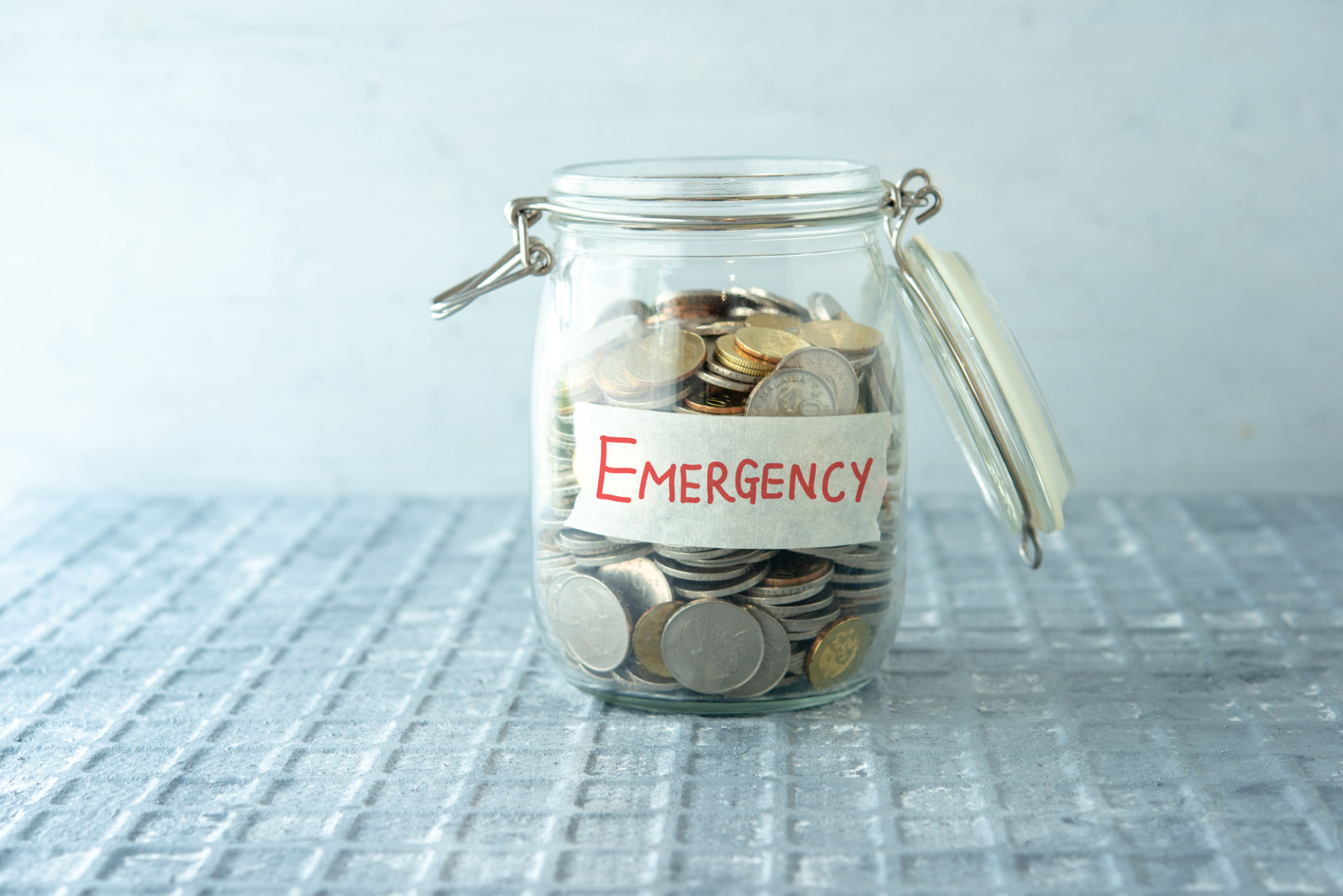Top Strategies for Maintaining Good Credit During Economic Downturns
Understanding the Importance of Good Credit
In times of economic downturns, maintaining a good credit score is crucial. A strong credit profile not only provides financial stability but also ensures access to loans and credit when needed. During challenging economic periods, lenders often tighten their lending criteria, making it imperative for individuals to maintain a solid credit standing.
Good credit can impact various aspects of your financial life, from interest rates on loans to insurance premiums. To navigate through economic downturns successfully, staying informed and proactive about your credit health is essential.

Regularly Monitor Your Credit Report
Regularly reviewing your credit report is a vital strategy for maintaining good credit. Look for inaccuracies or fraudulent activities, as these can negatively impact your credit score. By law, you are entitled to one free credit report annually from each of the major credit bureaus: Equifax, Experian, and TransUnion.
If you spot any discrepancies, take immediate action by disputing them with the respective bureau. Correcting errors can significantly improve your credit score and prevent future issues. Staying vigilant helps you catch problems early and maintain a healthy credit profile.
Utilize Credit Monitoring Services
Consider using credit monitoring services that provide real-time alerts on changes to your credit report. These services can quickly inform you of suspicious activities, giving you the opportunity to address issues before they escalate. Many financial institutions offer these services, sometimes even for free.

Maintain a Low Credit Utilization Ratio
The ratio of your credit card balances to your credit limit, known as the credit utilization ratio, is a key factor in determining your credit score. Aim to keep this ratio below 30% to maintain a positive impact on your score. High utilization can signal financial distress to lenders.
Paying down existing debts and avoiding unnecessary large purchases can help keep your utilization low. Additionally, consider requesting a credit limit increase if you're eligible, as this can improve your ratio without increasing debt.
Prioritize Paying Bills On Time
Late payments can have a detrimental effect on your credit score. Setting up automatic payments or reminders ensures that you never miss a due date. Even during financial hardships, prioritize at least the minimum payments on all bills to protect your credit standing.

Avoid Taking on Unnecessary Debt
In economic downturns, it's crucial to be cautious about taking on new debt. While it may be tempting to rely on credit cards or loans during tough times, this can lead to increased financial strain. Evaluate your spending habits and focus on necessities.
If borrowing is unavoidable, research and choose lenders offering favorable terms. Compare interest rates and fees to avoid falling into high-cost debt traps that could worsen your financial situation.
Build an Emergency Fund
Having an emergency fund can provide a financial cushion during economic downturns. It reduces the need to rely on credit for unexpected expenses, helping you maintain a good credit score. Aim to save at least three to six months' worth of living expenses in a readily accessible account.

Communicate with Lenders
If you're facing financial difficulties, proactively communicating with your lenders can be beneficial. Many creditors offer hardship programs or modified payment plans for individuals experiencing temporary setbacks. Discussing options early can prevent missed payments and safeguard your credit score.
Lenders may offer solutions such as deferred payments or reduced interest rates, providing temporary relief while you regain financial stability. Always ensure that any agreed-upon changes are documented in writing for future reference.
Utilize Financial Resources and Counseling
Seeking guidance from financial advisors or nonprofit credit counseling agencies can provide valuable insights into managing your finances during downturns. These professionals can help create a budget, negotiate with creditors, and develop a personalized plan to maintain good credit.
